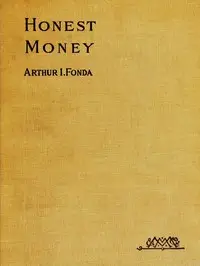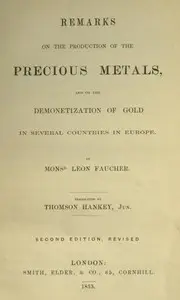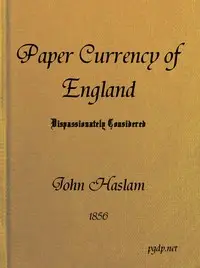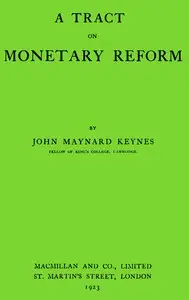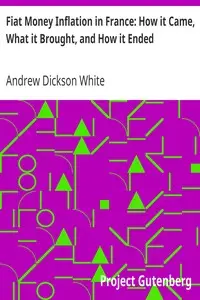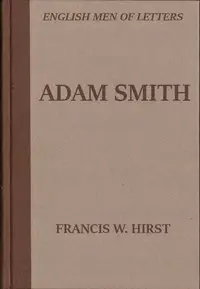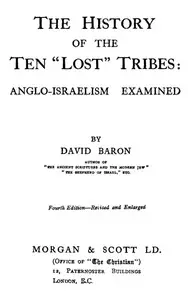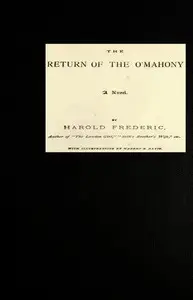"The Paper Moneys of Europe: Their Moral and Economic Significance" by Francis W. Hirst is a detailed study of how paper money affects European economies, particularly after World War I. It's a deep look at the moral and economic results of governments printing money, arguing this practice causes economic decline and unfairness in society. Using historical examples of currencies losing value, Hirst shows the moral problems linked to this. He argues that paper money encourages dishonesty and makes the economy unstable, usually helping those who owe money while hurting those who are owed. Citing events from ancient Rome to recent European history, the book reveals how devaluing money can cause social problems and economic collapse. Hirst stresses the importance of honest leadership and good financial management to bring back trust in money systems, believing the high inflation and poor financial decisions in Europe during the 1920s threaten the economy and damage public trust and ethical behavior. Ultimately, he advocates for bringing back currencies based on metals to protect the moral foundation of economic dealings.

The Paper Moneys of Europe: Their Moral and Economic Significance
By Francis W. (Francis Wrigley) Hirst
Explore a time when government-issued money fueled fraud, instability, and societal unrest across Europe, threatening the very fabric of morality and the economy.
Genres
Released
2009-07-23
Formats
epub
epub3 (images)
mobi
epub (images)
mobi (images)
txt
Free Download
Summary
About the AuthorFrancis Wrigley Hirst was a British journalist, writer and editor of The Economist magazine. He was a Liberal in party terms and a classical liberal in ideology.
Francis Wrigley Hirst was a British journalist, writer and editor of The Economist magazine. He was a Liberal in party terms and a classical liberal in ideology.
Total Reviews
10.0k
Total reviews from Goodreads may change

